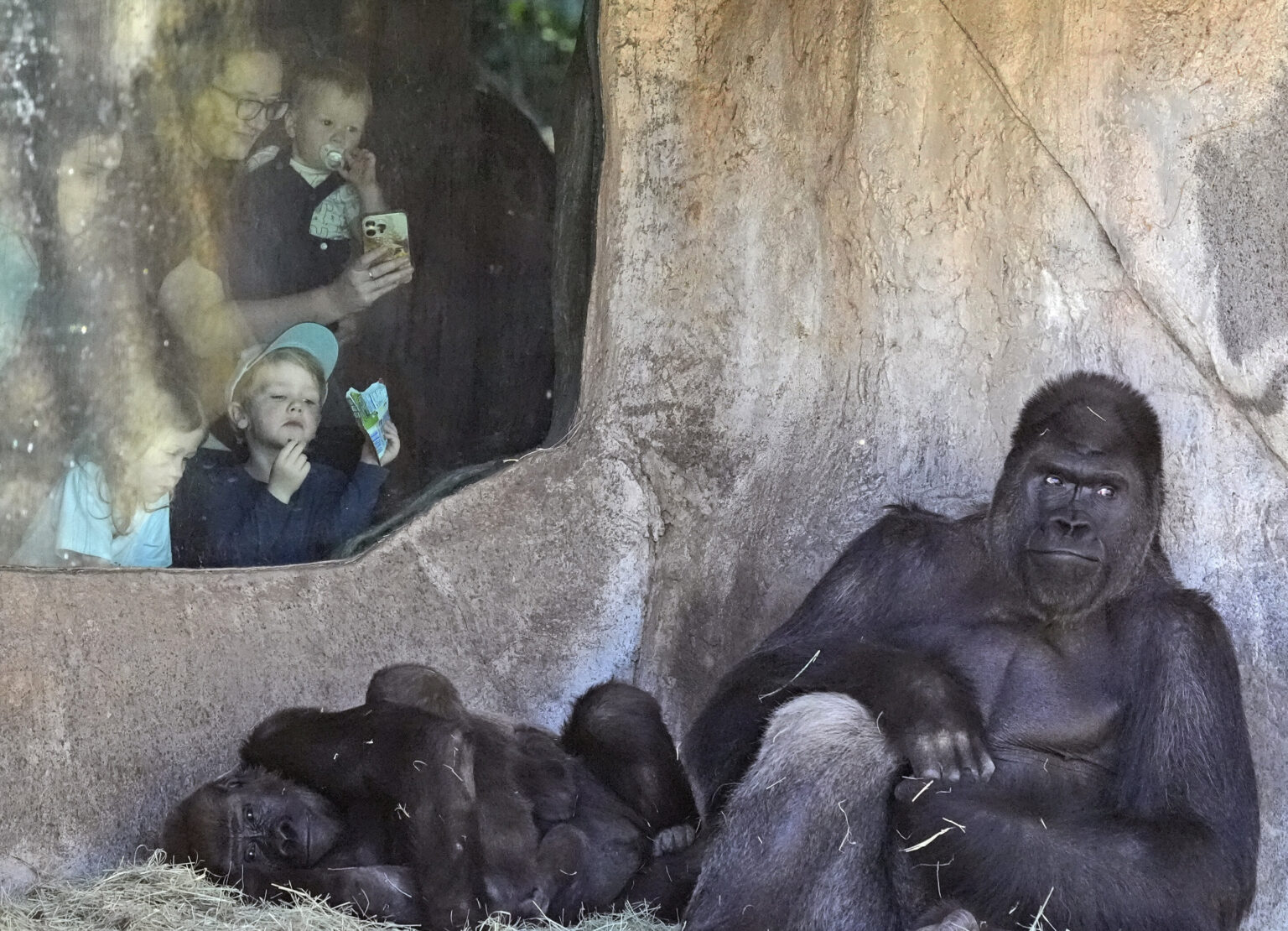American scientists want to find out how animals react to a total solar eclipse. For this, they will conduct observations of them in one of the zoos in the United States in April, when this celestial phenomenon will be observed there.

Solar eclipse and animals
A solar eclipse will occur on April 8, 2024. It will not be visible in Ukraine, but in the United States it will be total. People will react to this event in different ways, but scientists are interested in what will happen to animals at this time. Will they show any unusual behavior and what kind of behavior?
Actually, when this phenomenon was observed on the territory of the United States last time and the day briefly turned into night, biologists really saw something unusual at the North Carolina Zoo.
The animals showed strange behavior, but each in its own way. A pair of siamang monkeys sang strange songs, male giraffes began to jump in anxiety, flamingos clustered around their juveniles, and giant Galapagos turtles suddenly began to breed.
Where scientists will observe animal behavior
The main location where scientists plan to observe the life of animals should be the Fort Worth Zoo in Texas. Scientists suspect that the strange behavior of animals during the last eclipse is explained by the fact that they perceived it as early twilight. That is why researchers are now interested in those species of animals that have already surprised them.
However, this time the eclipse will happen in a different way. And it will take place at another time of the year. Therefore, scientists suspect that animal behavior will still be different. Therefore, they invite all biology enthusiasts to join the observations in zoos along the entire path of the moon’s shadow.
At the same time, animal behavior will be studied not only in zoos. For example, entomologists will closely monitor bees. Last time they started collecting less honey, but not all of them. Scientists believe that they have an internal conflict between their internal rhythms and what they feel.
Ornithologists are also interested in observations. They suspect that songbirds may perceive the eclipse as the onset of night and begin to migrate north, as they usually do in the dark part of the day at this time of the year.
But scientists are not very interested in watching pets. They say that cats and dogs are too used to watching what we do. They will react or not react to the eclipse in the same way as their hosts.
According to phys.org
Follow us on Twitter to get the most interesting space news in time
https://twitter.comne/ust_magazine


